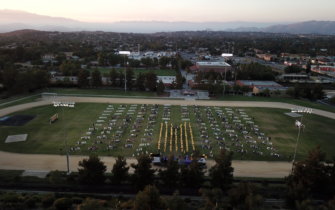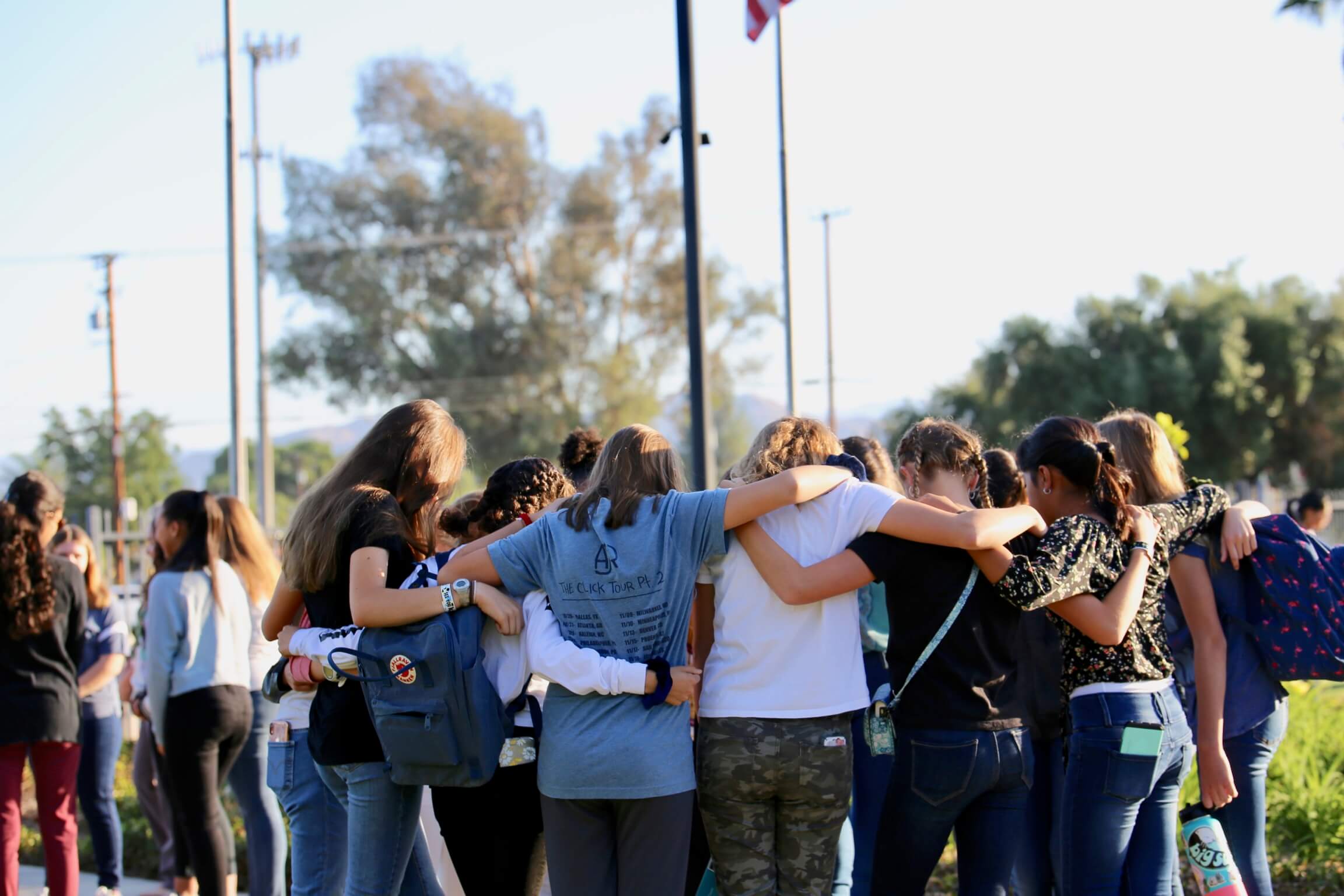The Battle For Truth: Vice Principal, Brandon Imbriale

The Battle For Truth: Vice Principal, Brandon Imbriale
The Battle For Truth: Vice Principal, Brandon Imbriale
In 2016, Oxford Dictionaries declared “post-truth” as the word of the year. They defined the word as: “relating to or denoting the circumstances in which objective facts are less influential in shaping public opinion than emotional appeals.” There was a massive spike in the usage of the term in mid to late 2016 around the Brexit referendum and the 2016 presidential election. Political candidates have effectively used emotional appeal to sway people towards feeling about issues instead of thinking about issues.
This is not only happening in the realm of politics but it is also happening in cultural and social issues. There are at least a few different ways these appeals to emotion can work. Information can be manipulated to engender a certain feeling, but information can also be suppressed or overlooked to protect the same feeling. A prime example of this was a peer reviewed study done by assistant professor Lisa Littman from Brown University on rapid-onset gender dysphoria. In the study, she concluded that much of the what we are seeing in the high numbers of teens identifying as transgender is a result of peer influence as well as social media immersion. The study was published in the respected science journal PLOS One and was promoted by Brown’s own communications department. The study was taken down five days after publication due to pressure from activists and was only republished after revisions were made to say that rapid-onset gender dysphoria was only the perception of the parents reporting in the study. Activists claimed that the study could invalidate the feelings of other transgender people.
You may be tempted to run and throw your teenager’s phone away to keep them off of social media if it can influence them to change something as significant as their gender, but there is something larger at work. Social media is not the great enemy against the biblical worldview. As is evident in our post-truth era, feelings and emotions are more preferred mechanisms for determining truth than reason and critical thinking. Through this process, they can create our own privatized reality that is not bound by any objective standard.
How Did We Get Here
This is all symptomatic of something greater that has been going on in our society for decades. Postmodernism has established itself as the cultural milieu and has been on its course of deconstruction in America since the end of WWII. Postmodernism is the idea that there is no such thing as a metanarrative or objective truth. There are only small individual stories that shape who we are and there is only lower case “t” truth. All of reality is called into question under postmodernism.
In regard to what truth is, you can almost think of it like an umpire in baseball calling balls and strikes. In the pre-modern world, the umpire would say, “I call them as they are.” In the modern world, the umpire would say, “I call them as I see them.” In the post-modern world, the umpire would say, “They are what I call them.” Of course, we all know which umpire we would want in charge of our game.
However, this shift is understandable considering what modernism promised us after the enlightenment. Science was supposed to cure all our problems and we no longer needed God to tell us what the good life was or how to achieve it. This was the response to the millennia of horrible atrocities that were done in the name of religion. Many would cite the crusades or the dark ages as evidence of a worldview that needed to be rooted out. But what we saw in the first half of the 20th century was anything but what was promised by modernism and science. The response to this was postmodernism which became suspicious of any truth claim even if it could be verified by science.
Postmodernism has permeated all aspects of life even beyond science, psychology, social sciences, and art. In postmodernism, these disciplines virtually disappear. This happens because the idea “this is how it ought to be” becomes nonexistent. We see this playing out before our eyes every day, and sometimes in the silliest fashion. Just a few months ago, the fight over what the answer to the equation 2+2 is was trending on Twitter. Those of us in education could have easily predicted this as we are starting to see the fruit of Common Core math principles.
Where We Are Going
The reality is that post-truth has not been relegated solely to the realm of politics or social issues. Even as Christians, we have welcomed these concepts into the church. Our services have had liturgy replaced by emotionally charged experiences. We gauge the quality of worship or sermons based on how it makes us feel. And we have taught our youth to look at it the same way. I’ve had many talks with students who “feel” disconnected from God. They use their emotions as a gauge for their spirituality instead of the truth of the Gospel and its effects in their lives. However, this isn’t the only battle they will face as Christians.
Our youth will be the most persecuted generation in American history. It will be this way not just because of the offensive nature of the Gospel, but also because of the offense caused by claiming any truth as objective.
Of course, this involves a level of engagement in their lives that could seem more intrusive than our teenagers would prefer. I can promise you that if we are not playing the critical roles in challenging the thinking of our young people then that gap will be filled by other things that feel and sound right, and they will have the reinforcement of social media and the rest of the culture to tell them that they can be and do whatever they want even if it flies in the face of reality.
There are great biblical lessons to be learned of what can happen when parents and educators do not do the job of training up the next generation well. The command to teach the Law to the children was given at least three different times in Deuteronomy prior to the Israelites taking the Promised Land. By the book of Judges, we can see the consequences of what happened when that command was not obeyed. It was underscored by the last verse of the book, “In those days, there was no king in Israel. Everyone did what was right in his own eyes.” It’s almost as if postmodernism had been tried before and failed.
My challenge to us as educators, and especially parents, is to make sure we are playing the primary role in shaping our young people to critically think more than they critically feel. I can tell you which one they would rather do more as they navigate trying to decide who they are, and all the systems are in place at their fingertips to cater to that method of figuring it out.
Vice Principle, Brandon Imbriale














